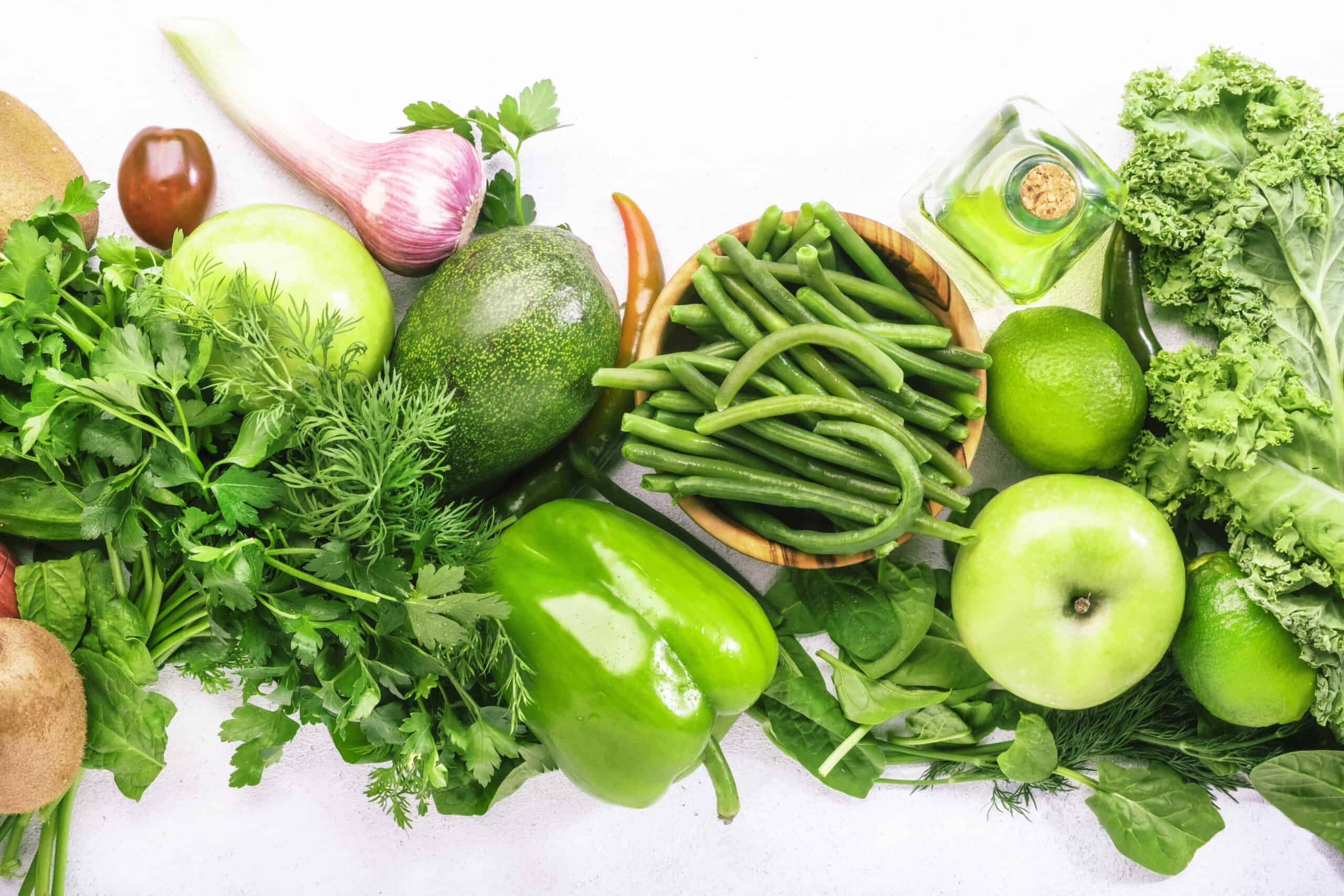Chlorophyll is the natural compound that is responsible for giving plants their green color. This pigment plays an important role in photosynthesis. But did you know that it also contains antioxidants and vitamins that are quite beneficial to the human body? You can get it either from plants, particularly vegetables, or supplements. The latter is more recommended, though. Getting chlorophyll directly from green plants may not be that effective because there is a tendency that the compound won’t survive digestion before it gets absorbed by the human body.
Although studies on the actual benefits of chlorophyll are still at the early stages, researchers said that this particular compound indeed provides amazing health benefits. But it also has downsides.
Let us take a look at the pros and cons of consuming chlorophyll.
Pros:
Improves Skin Health
Chlorophyll has rich antioxidant properties, making it an excellent addition to your skincare regimen. This compound can help cleanse and purify your skin, which is crucial in order for you to prevent breakouts. Due to its anti-inflammatory properties, it also aids in the reduction of skin inflammation. If you have wounds, chlorophyll can help the damaged cells repair themselves. You can now find lots of ointments, gels, and creams that contain chlorophyllin, which is quite effective in treating a variety of skin conditions.

Boosts the Quality of Red Blood Cells
In 2004, a study on wheatgrass was conducted. The freshly sprouted leaves of the common wheat plant contain about 70% chlorophyll, and it amazingly reduced the number of blood transfusions among people who have a blood disorder, a condition called thalassemia.
Experts say that chlorophyll can increase the production of red blood cells while improving their quality.

Supports Weight Loss
Although the number of evidence as to how chlorophyll supports weight loss is currently limited, a lot of people claim that the liquid form of this substance is quite useful for losing weight. A study back in 2014 showed that taking chlorophyll once a day for twelve weeks induced weight loss. It also reduced the risk of obesity-related complications.

Helps Fight Cancer
A series of studies on animals have been conducted and they have shown that chlorophyll has the potential to help in treating or at least reducing the risks of cancer. Trials were also done on humans and it was found that adding chlorophyll to your diet may limit ingested aflatoxin, which is a compound known to cause cancer.

Cons:
Causes Digestive Problems
Although natural chlorophyll and chlorophyllin are not considered toxic, they also come with risks and that include possible digestive problems and occasional diarrhea. These side effects are mild, though, and you may experience them during the first few days of adding this compound or supplement to your diet. If symptoms persist, it would be best to stop taking it and consult your doctor.

Changes the Color of Stool
If you have been eating a lot of green leafy vegetables, which are rich in chlorophyll, your poop will most likely turn green. This can also result in loose stool or diarrhea. Having green stool doesn’t necessarily mean that there is something wrong with you. The biggest factor is your diet. But if your poop is green and you have a fever and other symptoms like pain or vomiting, see a doctor immediately.

Changes the Color of the Tongue
Just like discoloration of stool, ingesting chlorophyll can also change the color of your tongue. This is expected though if you drink or eat something green.

Results in Mild Burning or Itching
While it is true that chlorophyll aids in cell repair, it can also cause mild burning or itching, especially if you apply it directly to your wound. According to experts, taking this substance could potentially increase your sensitivity to sunlight, making you more prone to sunburn, rashes, or blistering, particularly those areas that are exposed to the sun.

Bottom Line
Consuming chlorophyll is beneficial, but it also has its cons. Therefore, before taking it, be it naturally or through supplements and other products, it is highly recommended that you talk to your doctor, more so if you are taking other medications or you have existing health issues.
Supplements are available in the form of tablets, ointments, sprays, and liquid. Be sure to get them only from reliable health food stores, drug stores, and natural food shops. It is also important that you check the recommended dosage.
If you want to consume chlorophyll naturally, add green vegetables and herbs to your diet. These may include parsley, spinach, wheatgrass, peas, and leeks, just to mention a few.
